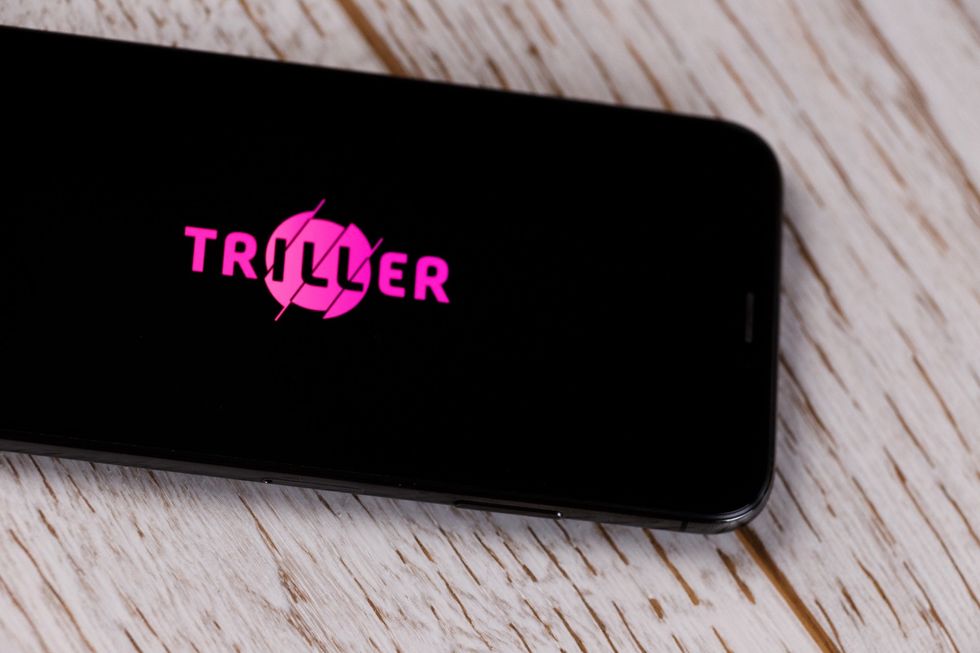Netflix’s early efforts to create a business out of mobile gaming are hitting a rough patch.
The company began offering mobile games based on its hit shows like “Stranger Things” or “The Queen’s Gambit” last November. Since then it’s had a difficult time getting its subscriber base to play the 26 titles currently available.
Less than 1% of Netflix’s subscribers are playing its games, according to an Aug. 6 report from CNBC. That’s based on data from Apptopia, a third-party site which tracks the usage and growth of mobile apps. According to Apptopia, Netflix games average 1.7 million daily active users. That might not sound shabby, but compared to the streamer’s 221 million-strong subscriber base across the globe, it’s peanuts.
Netflix declined to share daily active users statistics with dot.LA. According to mobile app tracking database Sensor Tower, Netflix’s top two downloaded games are, predictably, both based on “Stranger Things.”
“NETFLIX Stranger Things: 1984” had 600,000 downloads last month, Sensor Tower reports, while “Stranger Things 3: O Jogo” was downloaded a half million times. Sensor Tower reports Netflix’s games saw 12 million downloads overall last month, but estimated most of those downloads only generated less than $5,000 in revenue.
Sensor Tower reported Netflix’s mobile app revenue last month was $22 million; though it’s crucial to note that includes its flagship Netflix streaming app, which likely accounts for the bulk of its app-based profits.
A large gap is noticeable when comparing Netflix’s recent stats to some of the top local mobile game publishers that have been putting out games for over a decade, like Culver City’s Jam City games or Scopely. Per Sensor Tower, all of Jam City’s games were downloaded a total of 2 million times last month, but the company squeezed $21 million in revenue out of them. Scopely, meanwhile, had only 800,000 downloads in July—yet those brought in revenues of $54 million.
Perhaps the moral of the story for Netflix is less is more: Instead of pushing ahead with a wide-ranging slate of mobile games that can’t capture audiences – crucially, audiences willing to pay for microtransactions that generate revenue from otherwise free phone games – it might find more success with a breakout hit or two that it can iterate on for generations, like Scopely’s “Marvel Strike Force,” which launched in 2018 and raked in an estimated $9 million alone in June thanks to its play-to-win mechanics.
That said, Netflix’s vice president of games Mike Verdu said during a panel discussion in May that he plans to continue adding more games as part of the streamer’s monthly subscription. Under Verdu’s watch, Netflix will likely keep buying up gaming studios to acquire their content and development teams to push out more “original'' games that will then drive players back to the streamer’s shows in-app.
As Verdu said at the same discussion, “We're not trying to convert you, we're not trying to monetize you—we're trying to give you joy and delight to create an experience that will get you to come back.”
(Disclosure: Jam City and co-founder Josh Yguado are investors in dot.LA).
- Netflix Pushes Into Video Games With First-Person Shooters - dot.LA ›
- Netflix Buys Boss Fight Gaming Studio - dot.LA ›
- Netflix Launches Gaming Studio Despite Troubling Forecast - dot.LA ›
- Netflix Launches Gaming Studio Despite Troubling Forecast - dot.LA ›


 The Case for Triller: The TikTok Competitor Approaching Unicorn Status, And Getting Big Breaks
The Case for Triller: The TikTok Competitor Approaching Unicorn Status, And Getting Big Breaks